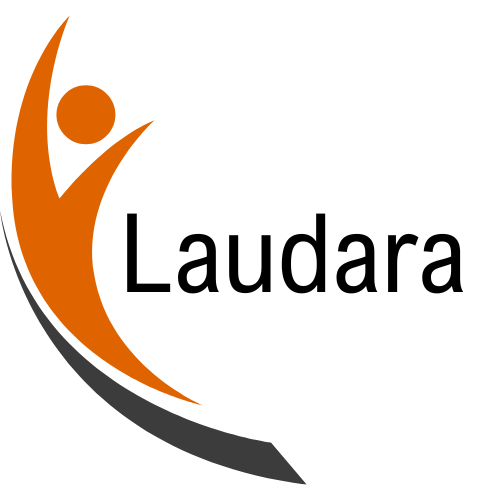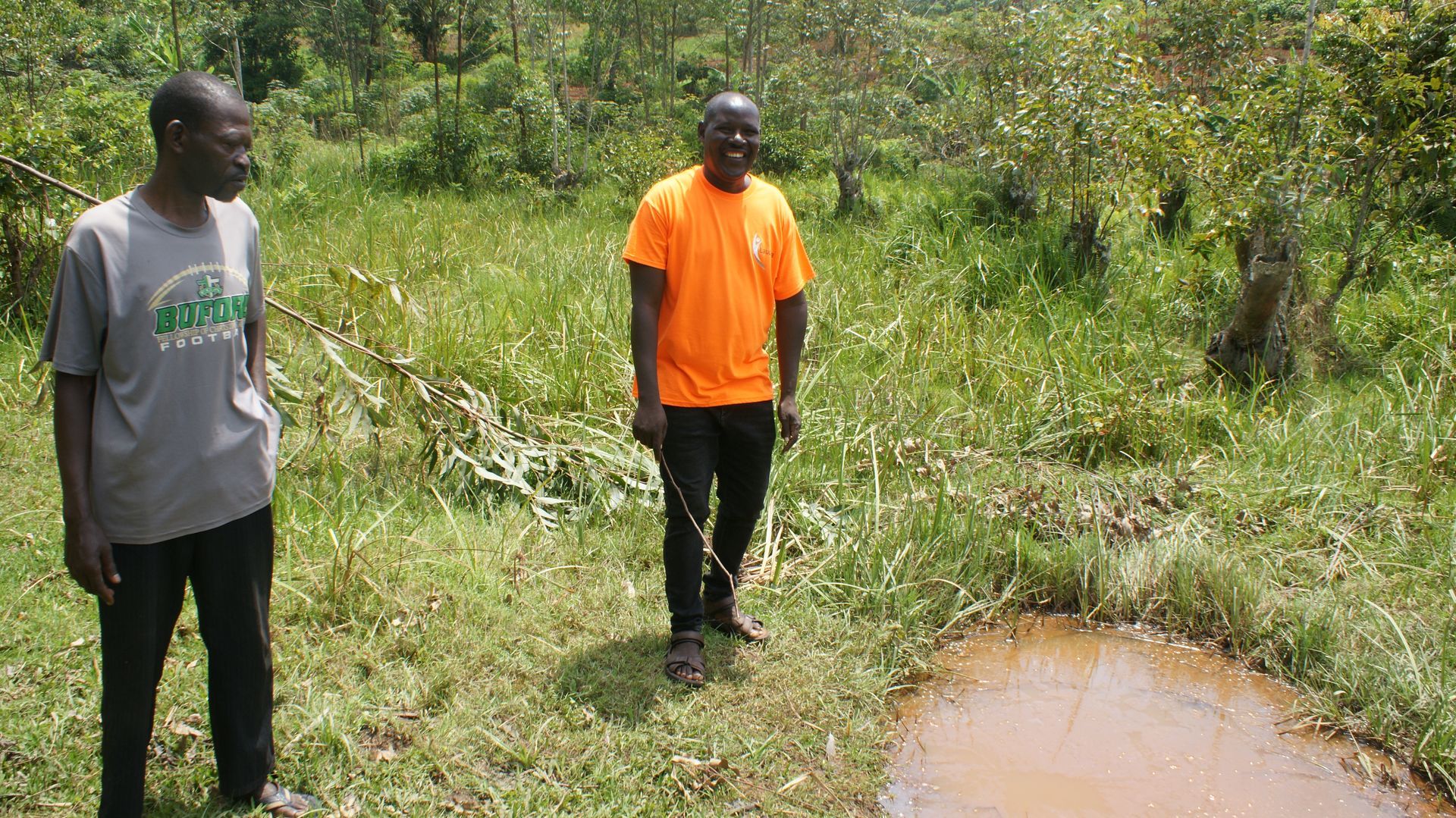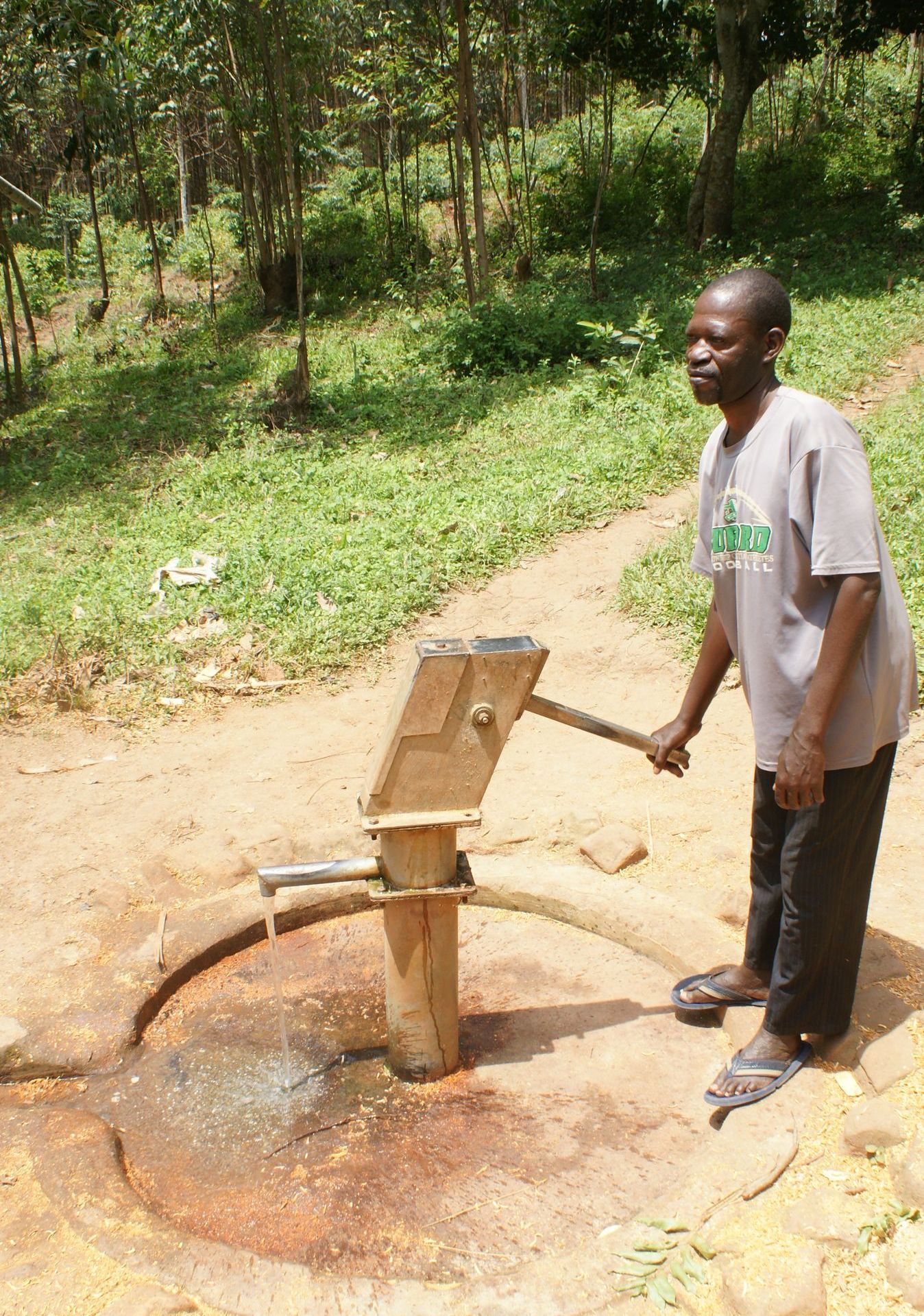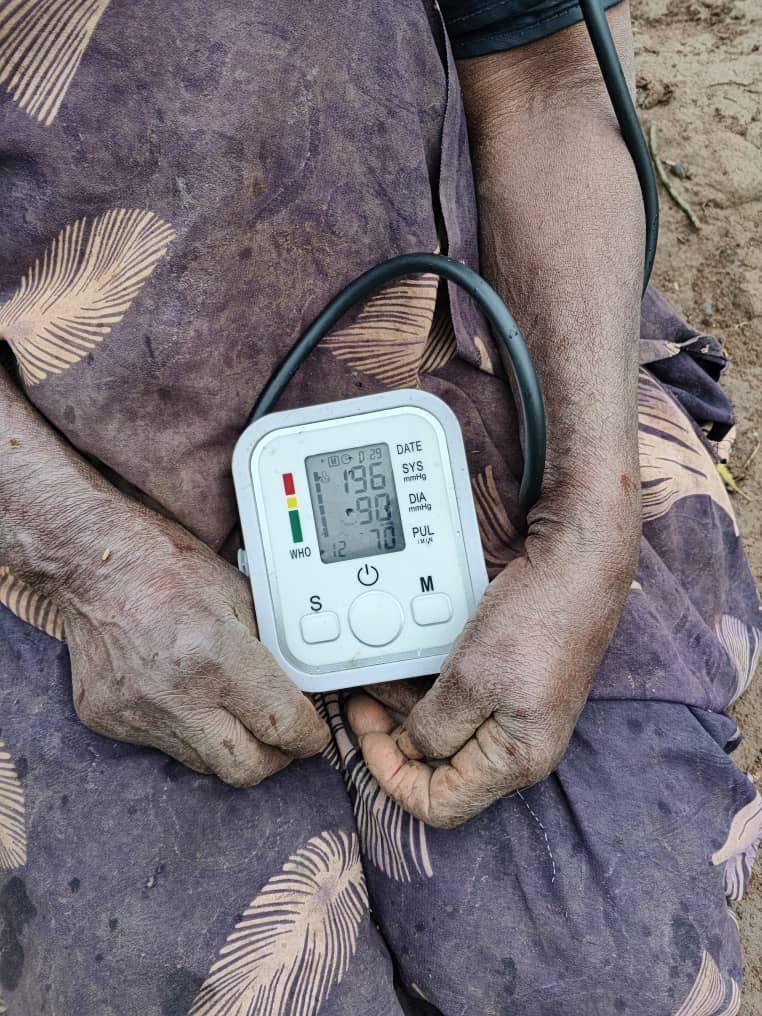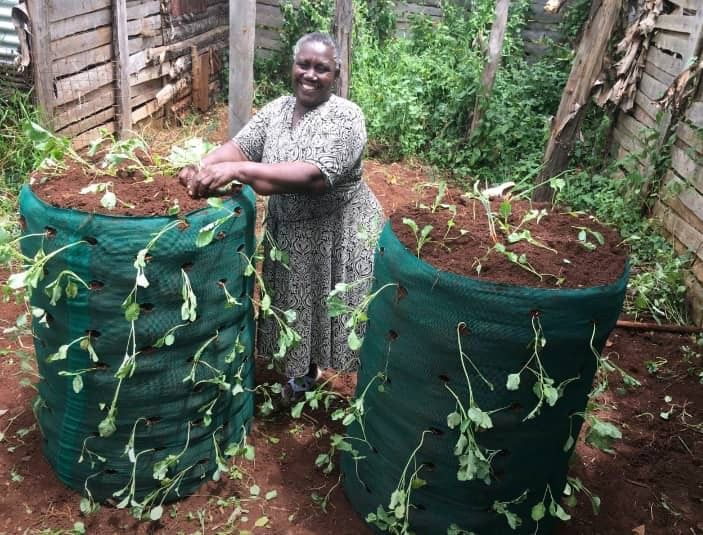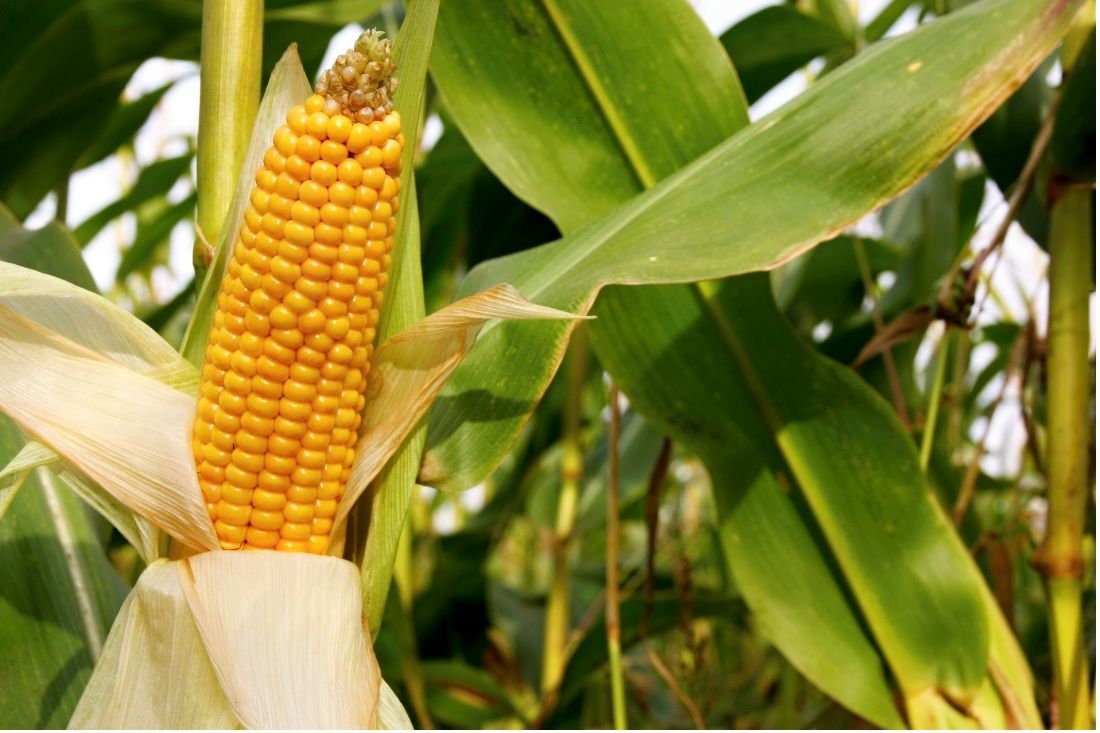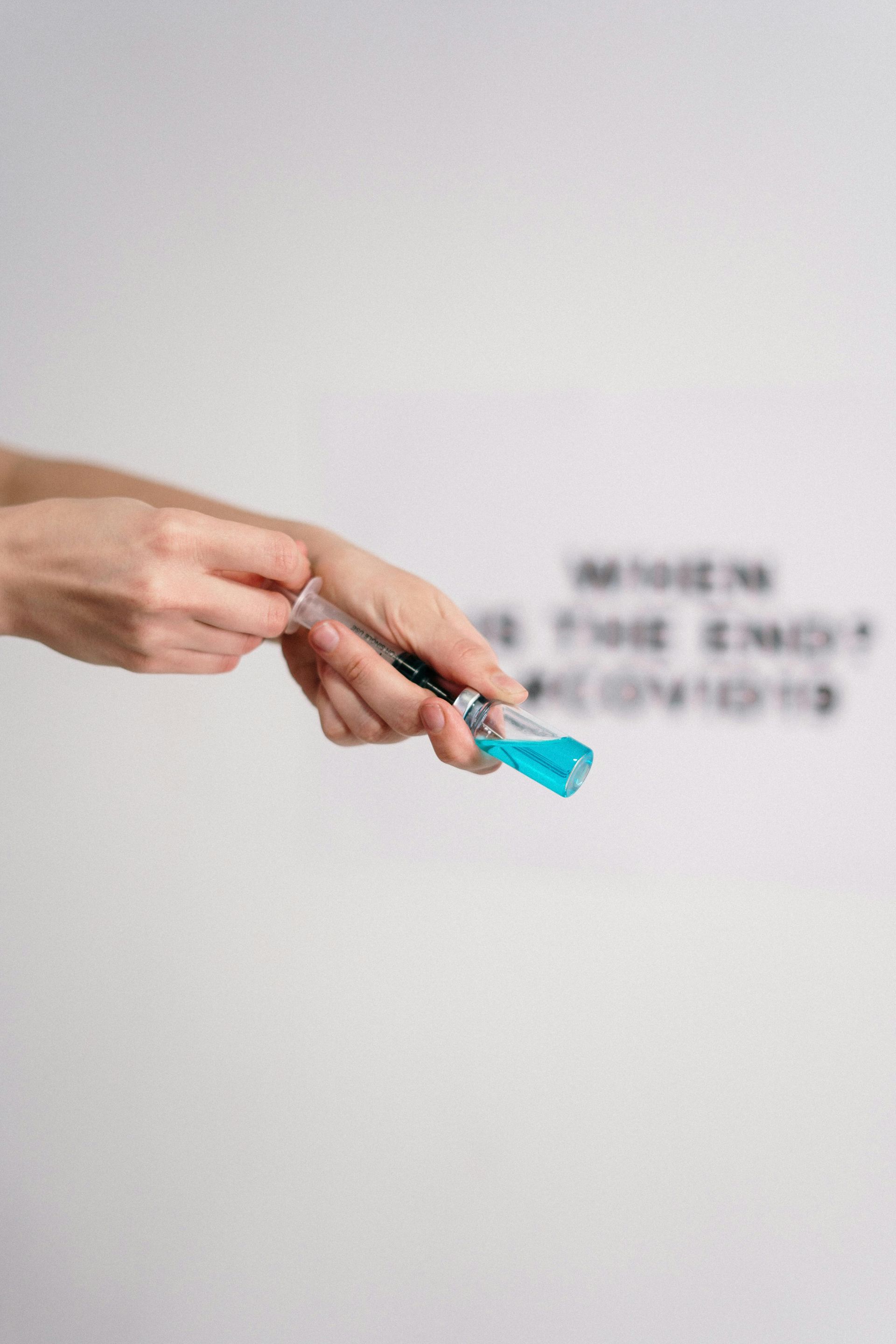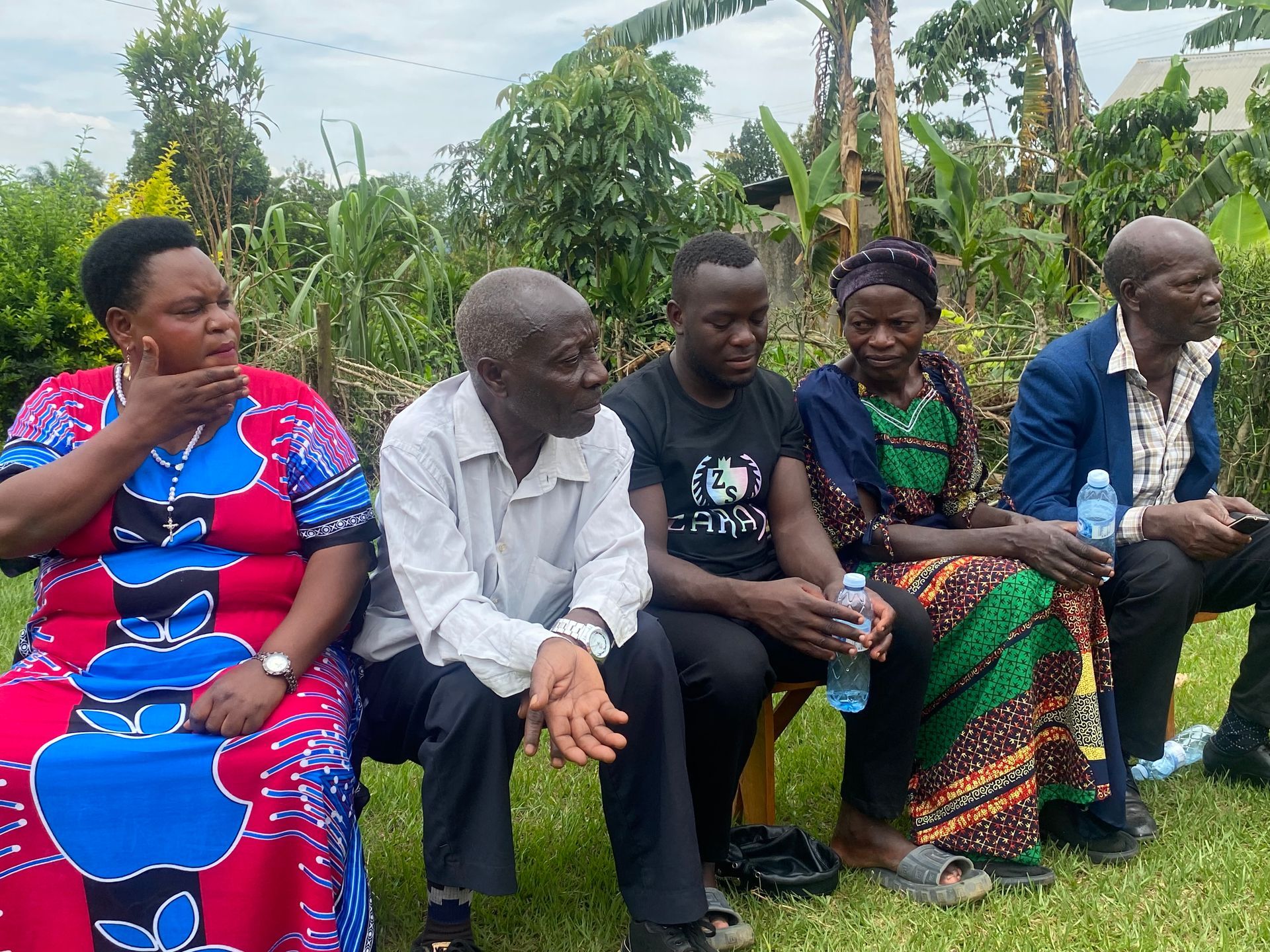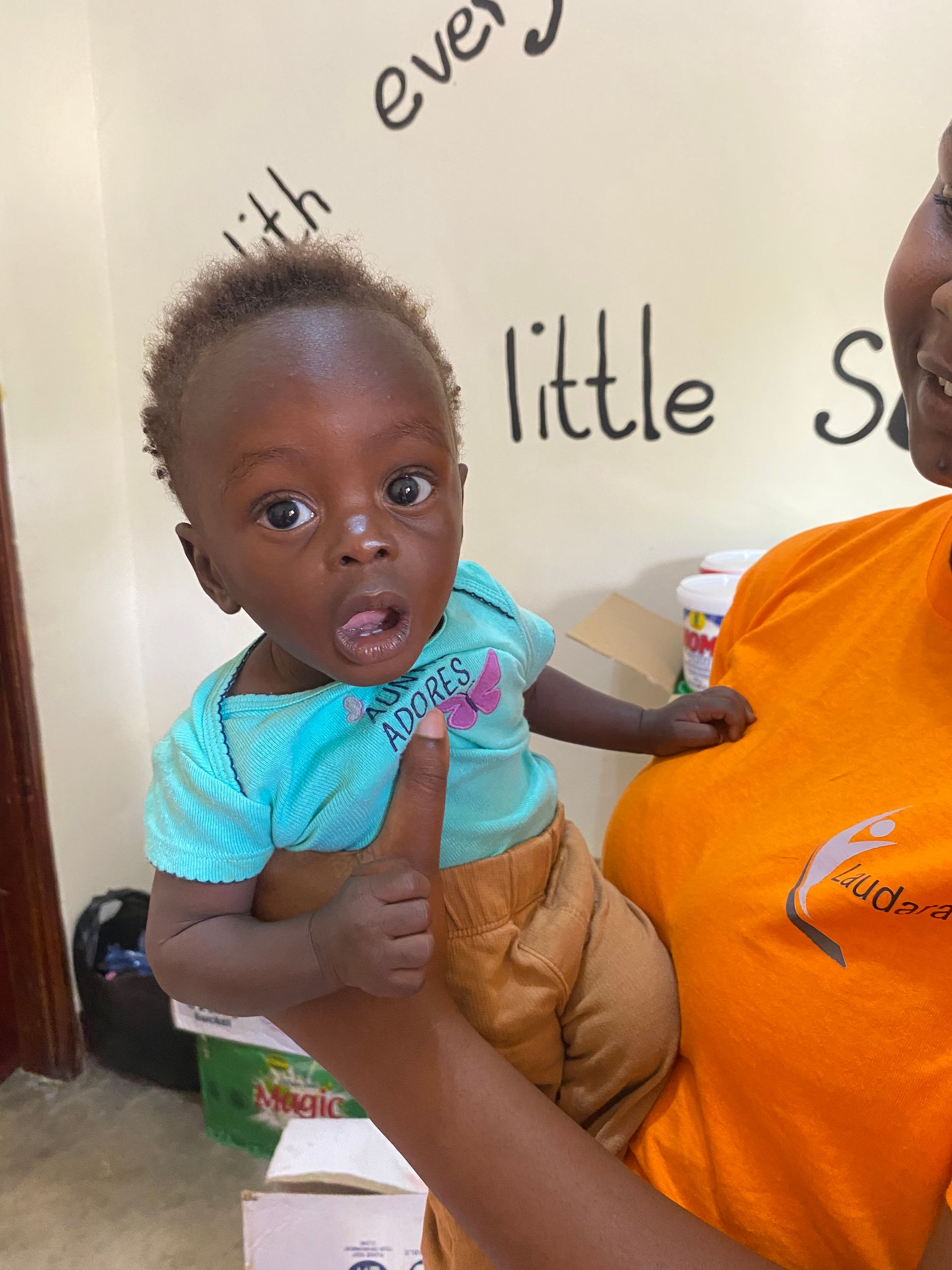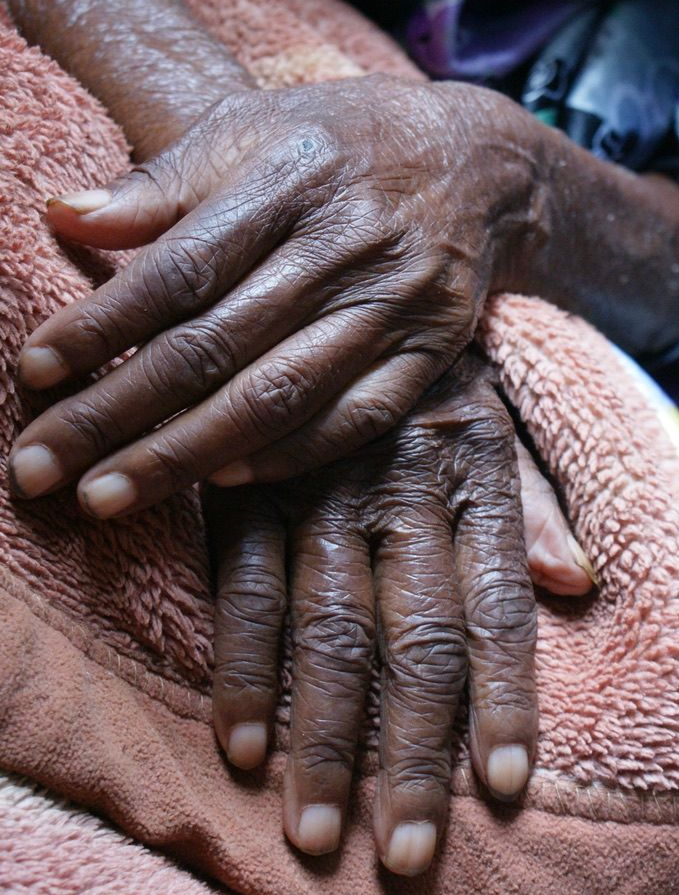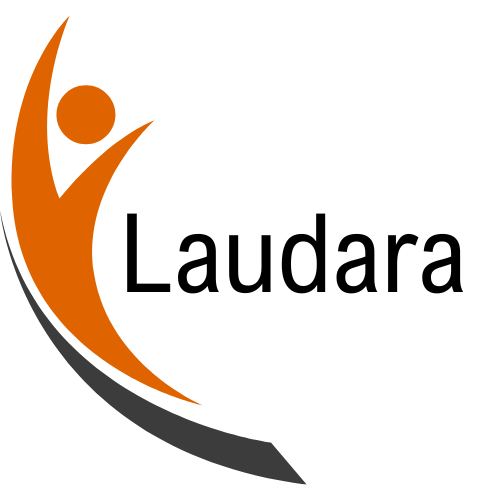Boreholes are a beacon of hope for many rural communities. By drilling into underground aquifers, boreholes provide a sustainable source of clean water that can significantly improve health and quality of life.
A great example is the Kalundira village. In our discussion with the council chairman mr. Muwonge Tonny and the vice chairman Nabisubi Robina we could hear firsthand what the impact of clean water has brought these villagers. They used to go to a waterpond where also the animals drink from and which was used for washing. Thanks to a generous donation from the Joanne Foundation a proper waterpump was installed. And during the day you seen not only the villagers, but also people from nearby villages queuing to get clean and fresh water.
